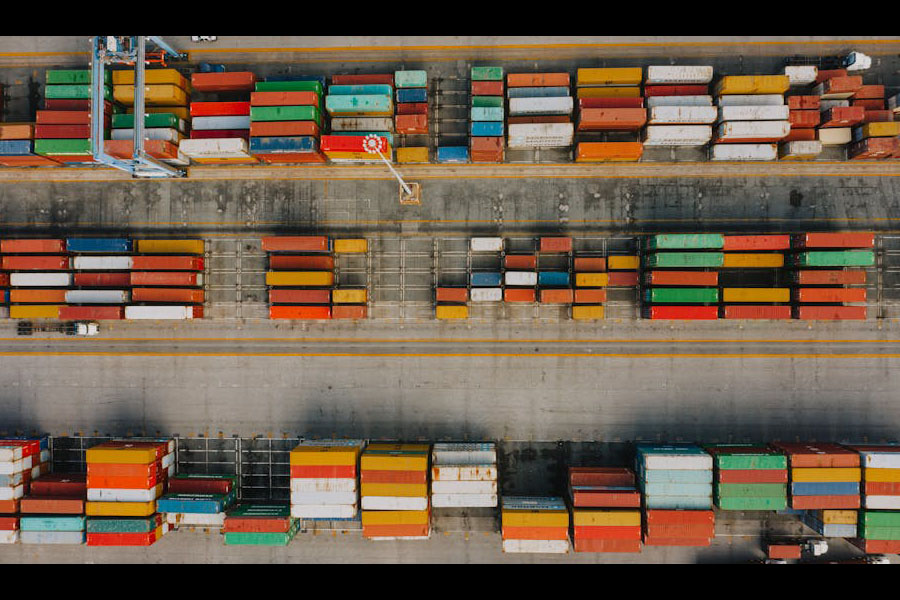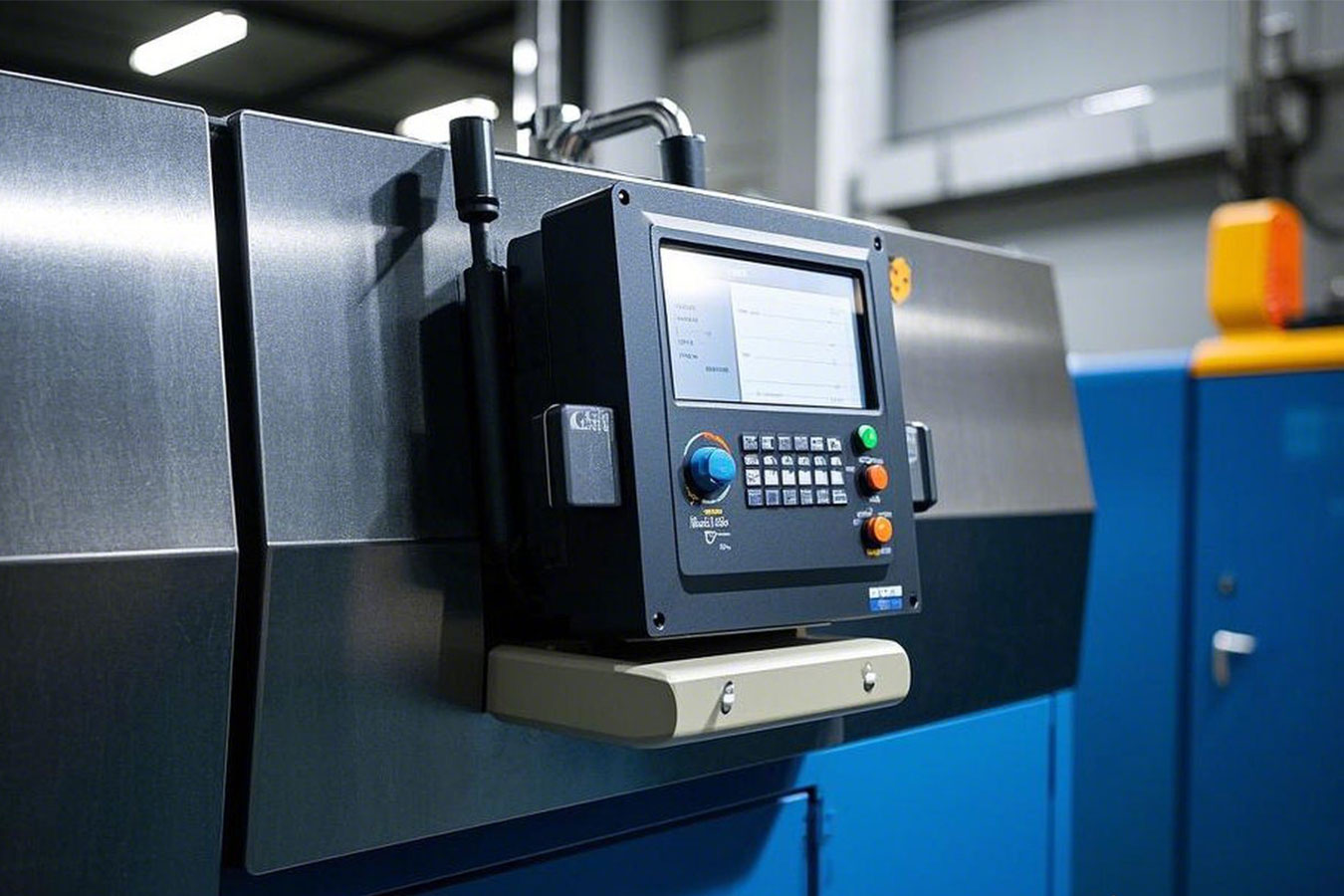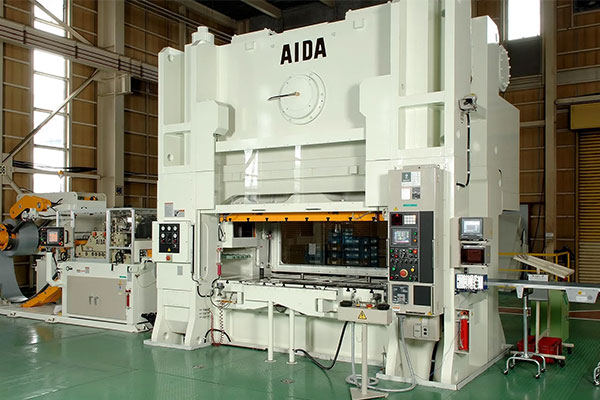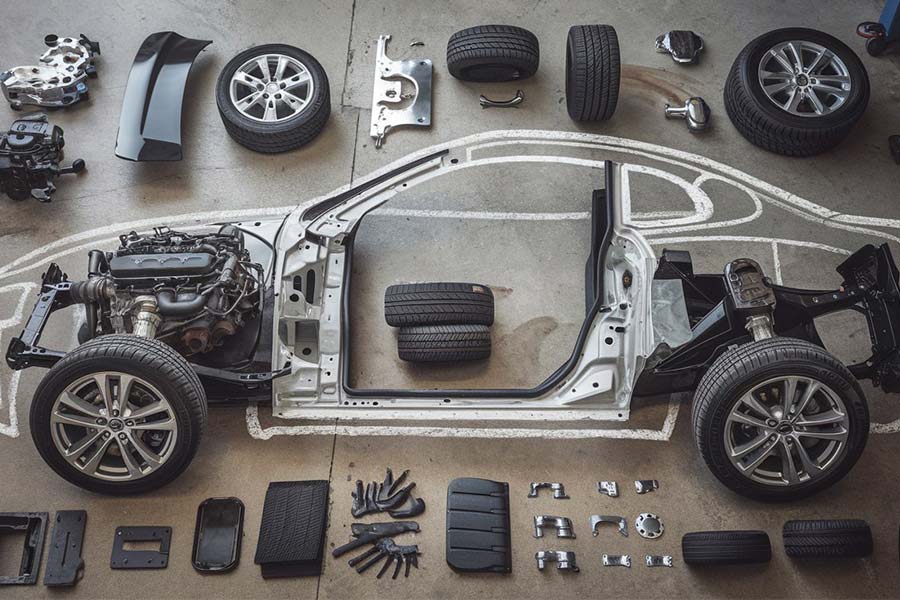- Shanghai Zhongshen International Trade Co., Ltd. - Two decades of trade agency expertise.
- Service Hotline: 139 1787 2118

Contents
ToggleProfessional barriers in imported gear testing equipment
Global Industrial Inspection in 2025Equipment ImportsA new trend is emerging: precision gear inspection equipment represented by Germany's Carl Zeiss and Japan's Mitutoyo faces a 40% increase in import clearance complexity compared to conventional machinery. Missing technical parameter documents account for 32% of customs clearance delays, while port demurrage costs caused by tariff classification disputes show an annual growth rate of 18%.
Typical risk scenarios of independent imports
- Misjudgment of technical standards:Confusing ISO/TR 10064 with IEC 61300-3-35 standards resulted in equipment parameters failing to meet requirements.
- Tariff costs spiraling out of control:The HS code was mistakenly classified under 9031.8090 (other measuring instruments) but should actually be classified under 9031.8010 (specialized gear testing equipment).
- Loss of control in the logistics process:Claims for Damage to Goods Due to Non-use of Air Cushion Shock Absorption in Ultra-precision Equipment Transportation
Core Value Proposition of Professional Brokers
A case study of a certain automotive parts company importing the KLINGELNBERG gear inspection center from Germany demonstrates that professional agency services can reduce customs clearance time by 45%:
- Technical Document Pre-review System
- DIN 3960/3961 Standard Conversion Service
- Export Control Screening for Equipment Software Modules
- Tariff optimization plan
- Utilize the RCEP Agreement to Achieve Tariff Reductions on Japanese-Origin Equipment
- Import Value-Added Tax Deferred Payment Scheme
Key Changes in Import Policies for 2025
- EU CE Certification Upgrade:Added EN ISO 18436-4:2025 Mechanical Vibration Monitoring Standard
- China's Tariff Adjustment:The provisional tariff rate for gear inspection equipment will be reduced from 5% to 3.5%.
- AEO certification requirements:Importing enterprises must establish a full life-cycle traceability system for equipment.
Criteria for Selecting High-Quality Agents
Based on field research conducted among 12 agents in the Yangtze River Delta region, it is recommended to prioritize the following for investigation:
- Import performance in specific industries (no fewer than 20 cases of precision testing equipment).
- Technical team configuration (at least 3 customs specialists with a background in mechanical engineering)
- Emergency response capability (a response mechanism for resolving classification challenges within 48 hours)
Related Recommendations
? 2025. All Rights Reserved. Shanghai ICP No. 2023007705-2  PSB Record: Shanghai No.31011502009912
PSB Record: Shanghai No.31011502009912










